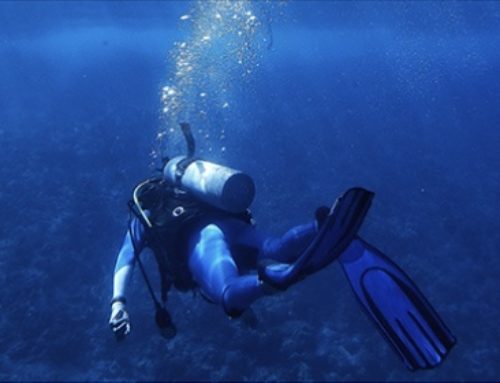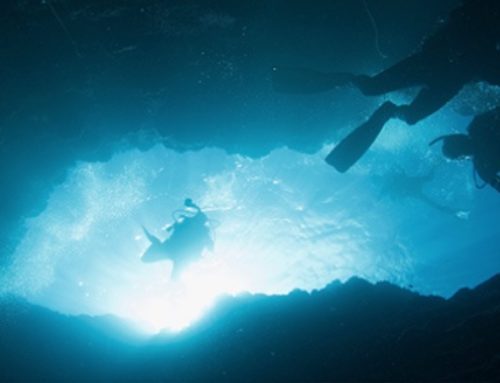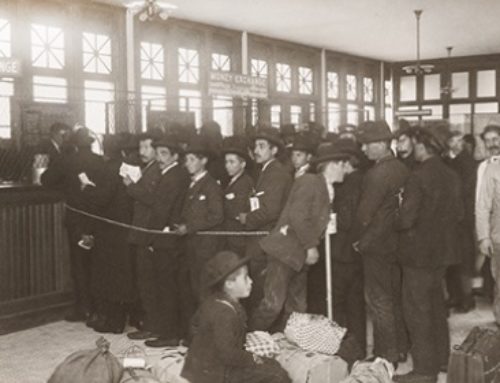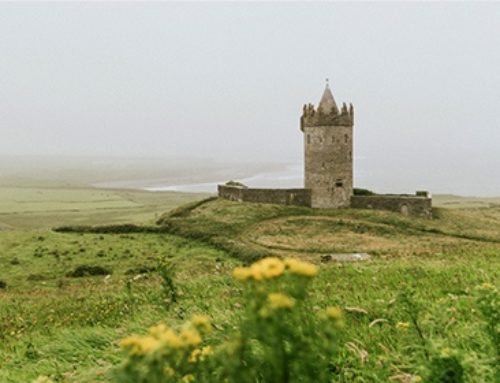Substance turned 15 this year. Over the course of these years I’ve learned a great deal about creativity, clients, and the nature of collaboration.
As a certified rescue SCUBA diver, I’ve learned lessons that are applicable to running a branding firm. It seemed only natural to weave these together.
Here’s are 15 business lessons as seen through the lens of diving.
6. Stop. Breathe. Think. Act.
Most diving accidents start small and become larger problems when someone panics.
This creates a chain reaction or downward spiral that can lead to a critical or potentially life-threatening situation. As a dive master once said to me, “it’s very hard to kill a calm diver”.
The reality is almost every potential problem is remedied by these four steps:
Stop whatever you’re doing
Take a deep breath
Think calmly and clearly about the situation and the best way to resolve it
Act upon that.
Most of us go right into action mode without doing triage on what makes the most sense.
Someone sent you an angry email or nastygram?
Hold off on that knee jerk response you want to send.
Stop.
Take a deep breath.
Think about your relationship to this person and situation.
Consider your reaction and its implications. Draft an email if it makes you feel better.
Don’t send it.
Take a long walk and come back to it with a fresh eye. Then delete it.
That situation is not as critical as you think it is.
Don’t make it worse by your reaction.
7. Don’t be afraid to go deep.
The things that scare us are often the most rewarding.
On the second open water dive I ever did years ago in Belize, our guide announced we would be dropping to 90 feet and begin our dive from there. I had literally one dive to my name; a very pretty and unchallenging swim at 30 feet. That’s what I was expecting on this second dive.
I was justifiably concerned about going so deep given how little experience I had. I nervously asked why we were going so deep.
He smiled and said “That’s where the good stuff is.”
After some trepidation I geared up and dropped into the ocean. As soon as I did any concerns or anxiety washed away. We passed schools of fish, rays, and enough shark and barracuda to fill a National Geographic photo spread. It was the first truly mind-blowing dive I experienced, one of many that were to follow.
That was an important lesson for me.
Avoid the obvious and easy solutions, the ones that exist on the surface. The first idea that comes to mind may be the best one. But that’s almost never the case.
Go deeper in your thinking and approach even though it may be more challenging. You never know what you might discover about your work.
Or yourself.
8. Be sure to have fun along the way.
One of my favorite dive experiences took place above the water.
On a holiday trip to Little Cayman, I met up with a group of dive buddies I hadn’t seen in ages.
It was Christmas morning and we sailed to the dive site singing cheesy holiday songs, wearing Santa hats, and generally acting like school children.
The following day we noticed a fellow diver was absent from our boat. Apparently, they didn’t love our singing and dancing and asked the guide to be placed on another boat.
I felt bad about it and apologized to the dive master. He smiled and shook his head.
“We’re going to reach the dive site one way or the other. No reason why you can’t have a little fun along the way.”
Some design firms have a self-seriousness and austerity that borders on the parody. Black and white photos on the wall. Black and white clothing. Black and white thinking.
At others you can feel the loose camaraderie and sheer joy of creative energy.
Guess which one is more conducive to doing great work? Or having a great trip?
9. Pay attention to the little things.
Divers will occasionally voice their frustration or preferences on the type of marine life they want to see.
Everyone loves the big fish. Sharks. Rays. Moray eels.
And justifiably so. These are majestic creatures whose presence in the water is humbling and one of the reasons we dive.
They are not a guarantee however. As I like to say, it’s not a zoo. You get what you get. Some dives you see luscious coral and schools of fish but the big critters are noticeably absent.
That affords us the opportunity to tighten our focus on the macro, finding life and inspiration among the smaller creatures.
It’s easy to miss these creatures and these moments if all you are doing is looking for the largest opportunity or the biggest fish.
Slow down and pay attention to what’s there in front of you. Don’t compare it to what’s not there.
10. Don’t miss it.
I don’t take photographs when I dive.
I’m happy to see what pics or video other divers have taken, and I’m grateful when they share them. But mainly I just like to be present, free of distraction so I can simply take it all in.
It’s so easy to get caught up in documenting what takes place you forget to be present for what’s before you.
As a diver, we are trained to watch our gauges; our air pressure, depth, and decompression limits, all of which are important to our safety. But we can’t let that get in the way of enjoying the dive.
It’s important to run a tight ship, with time tracking, business goals, KPIs and the like.
But at a certain level you want to just make sure you’re present and enjoy the journey toward your goals.
I don’t want to miss a thing.





